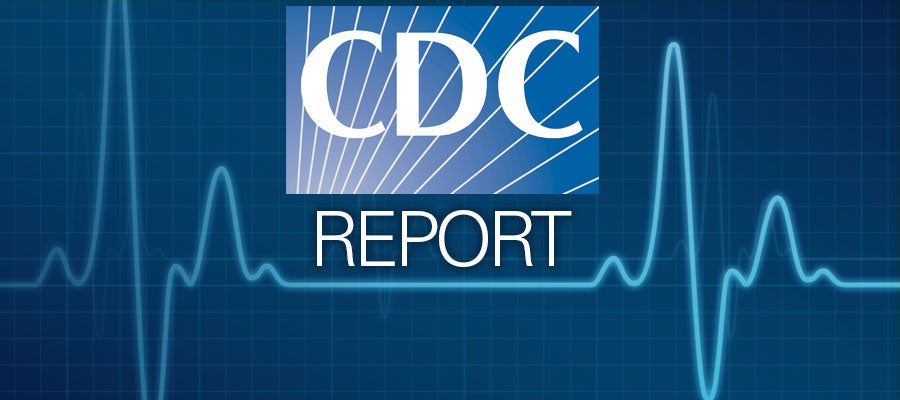
The AHA has asked the Department of Labor to accurately define “health care provider” as it promulgates regulations implementing key sections of the recently-enacted Families First Coronavirus Response Act and clarify how this policy will be operationalized, including how it interacts with state law.







